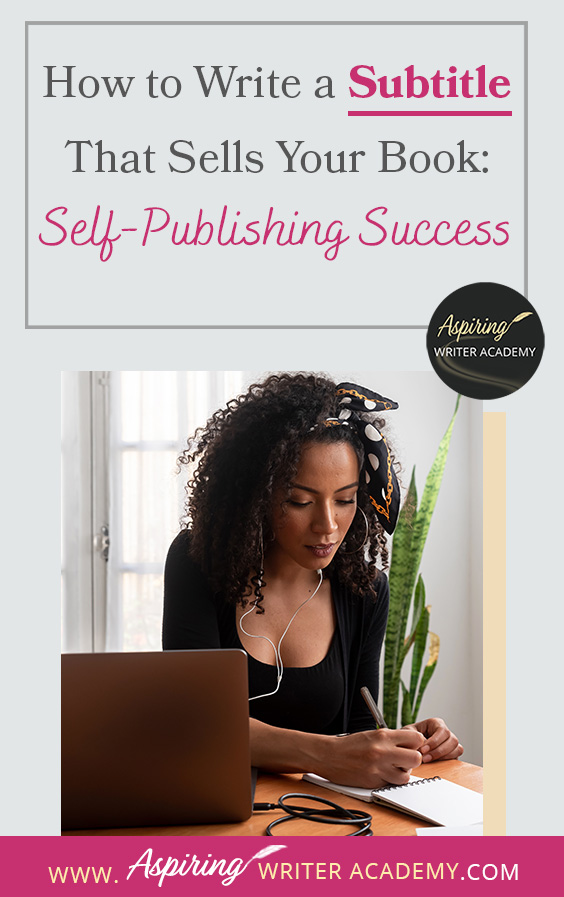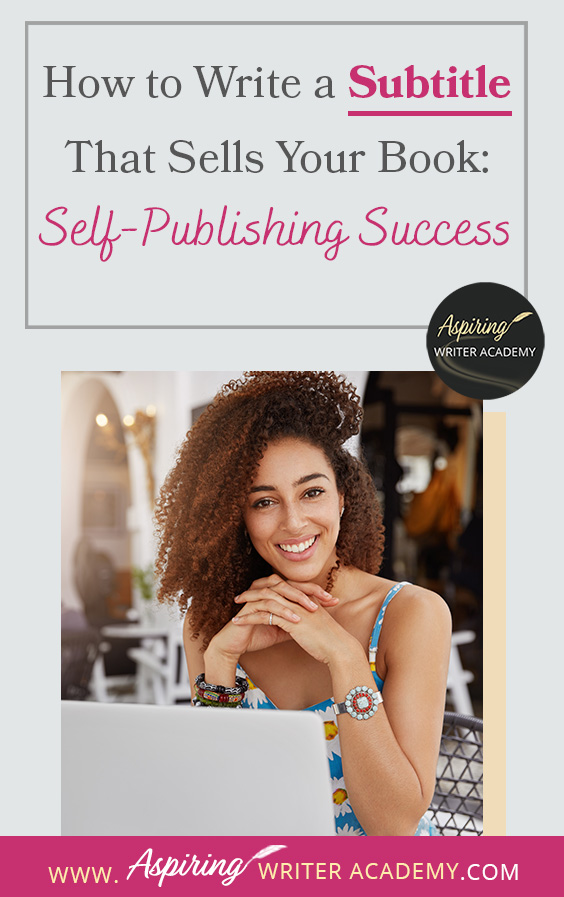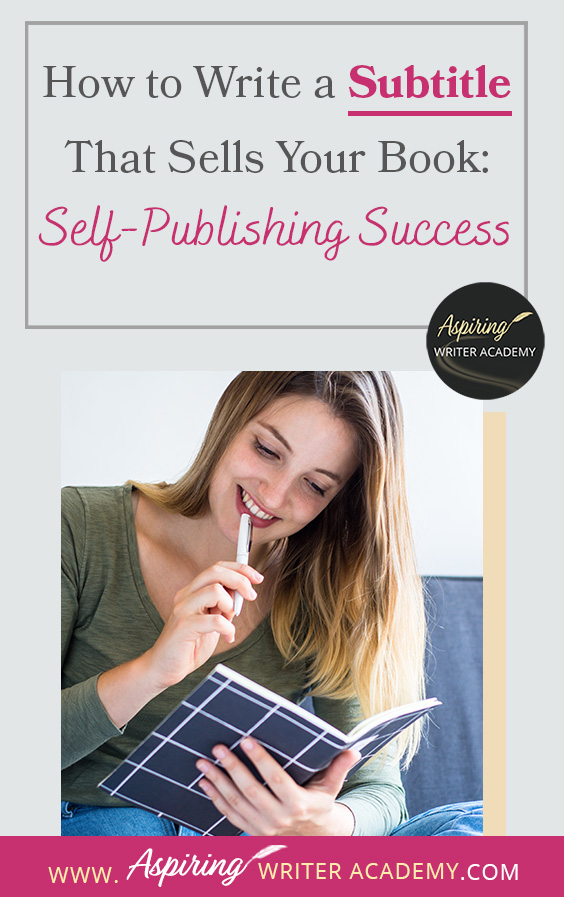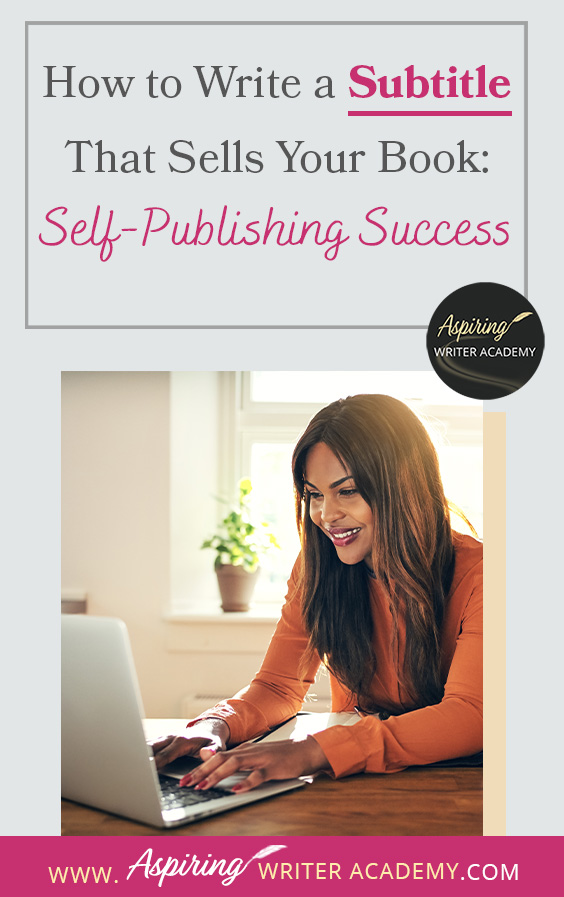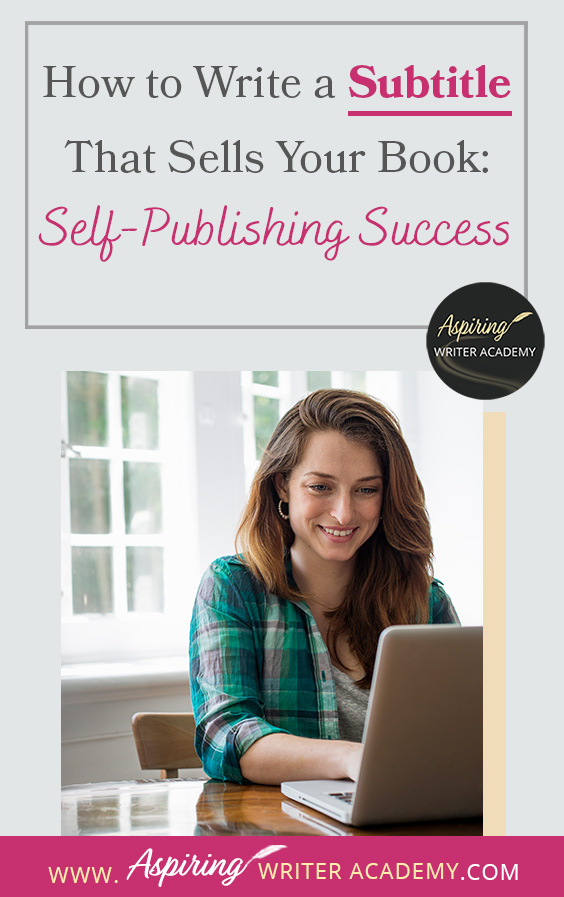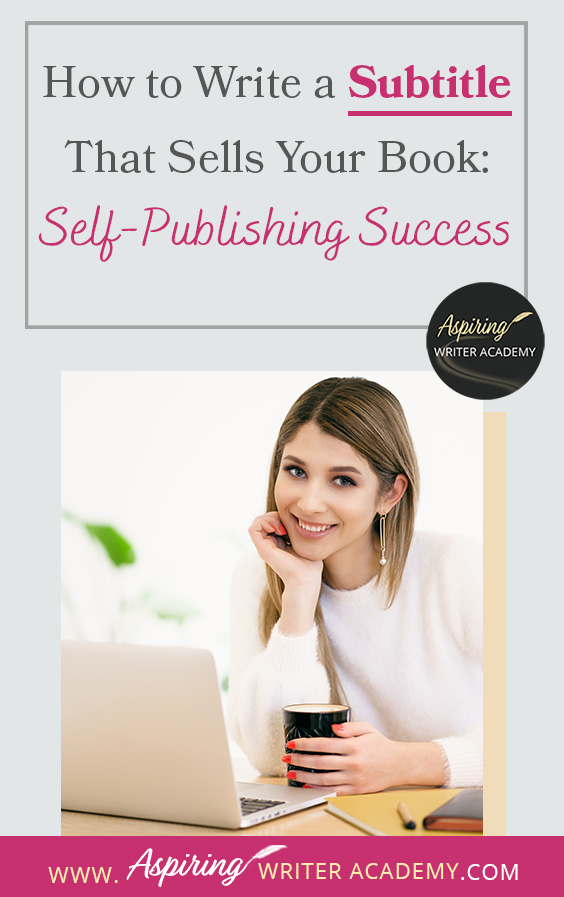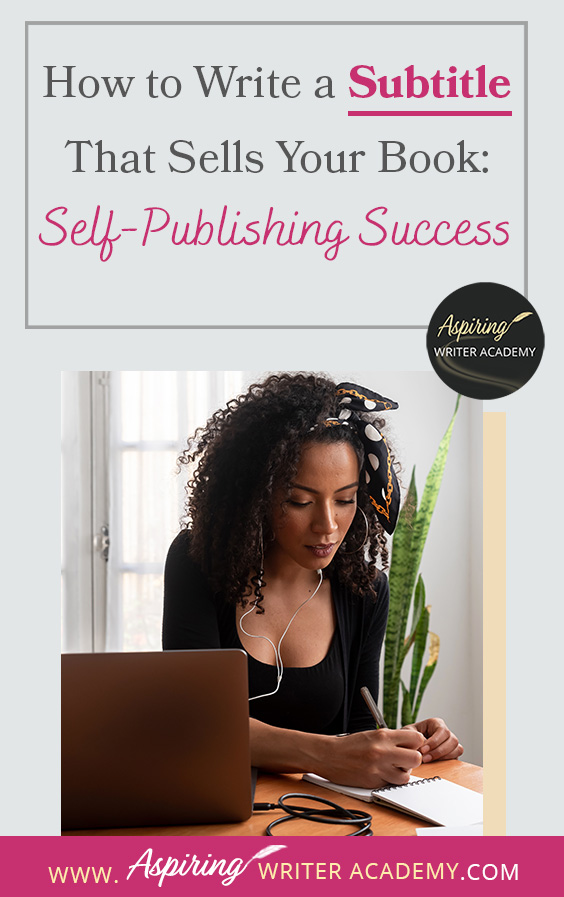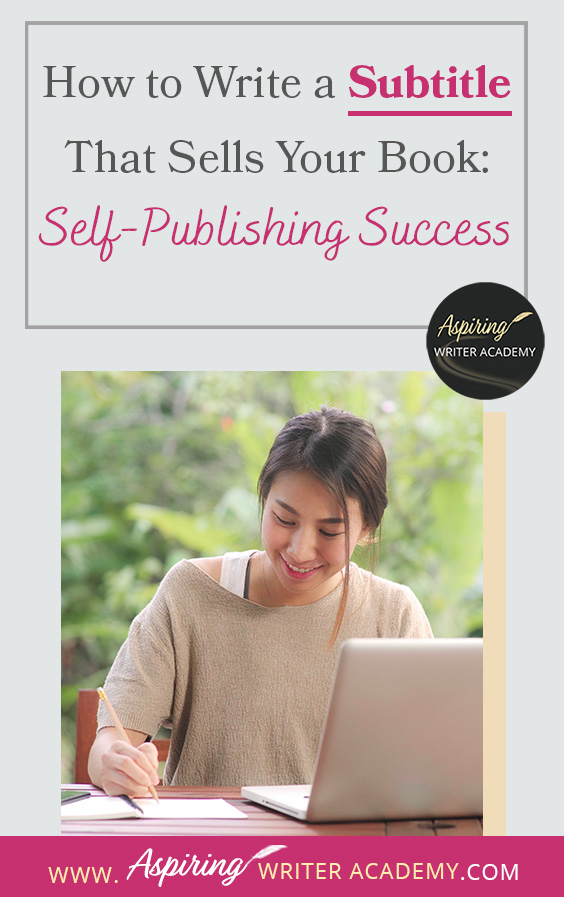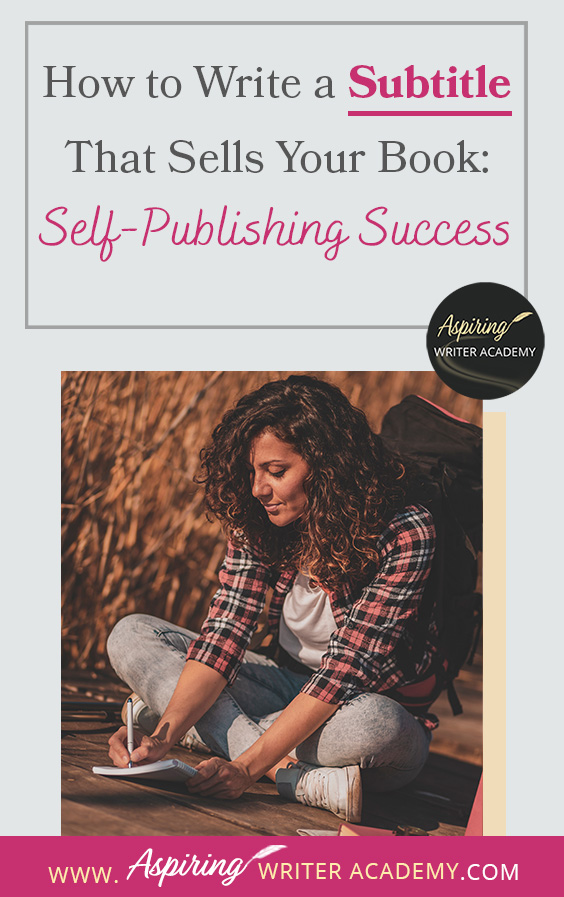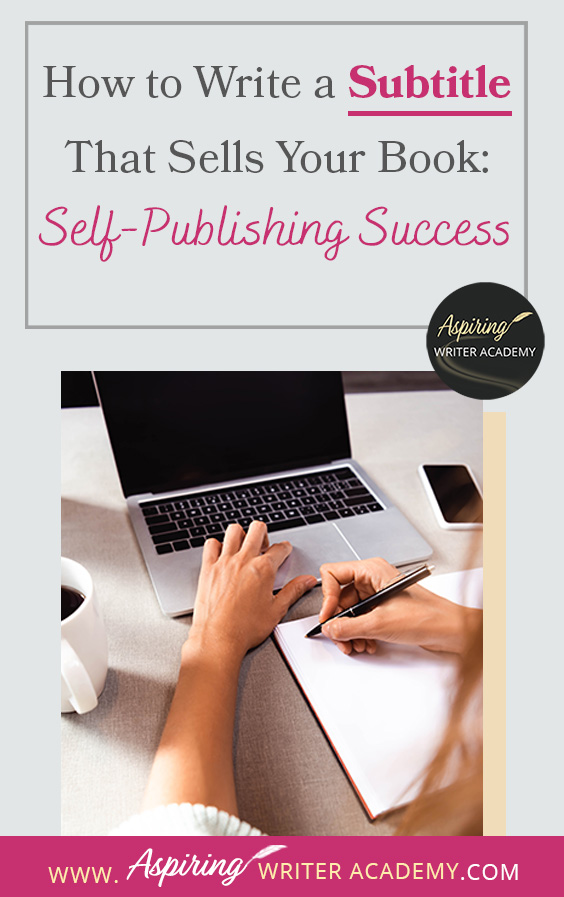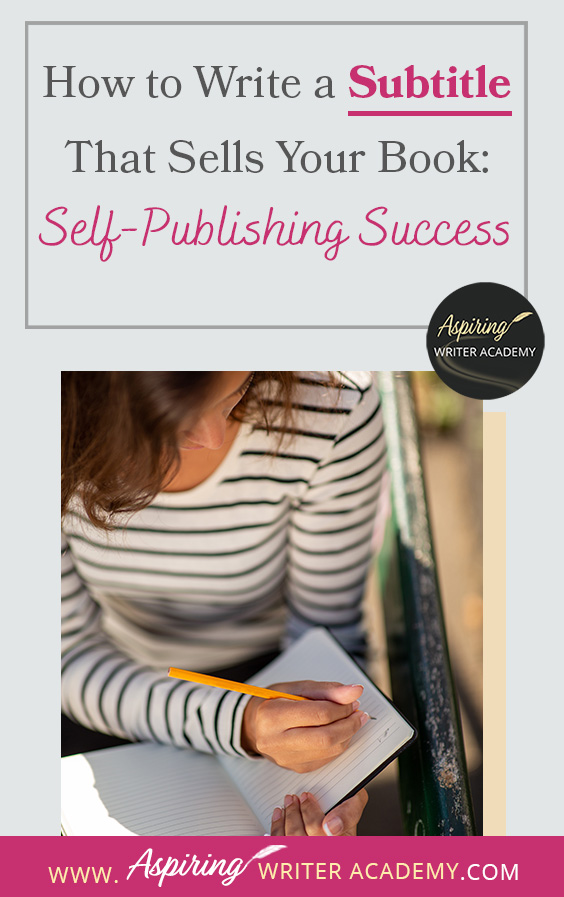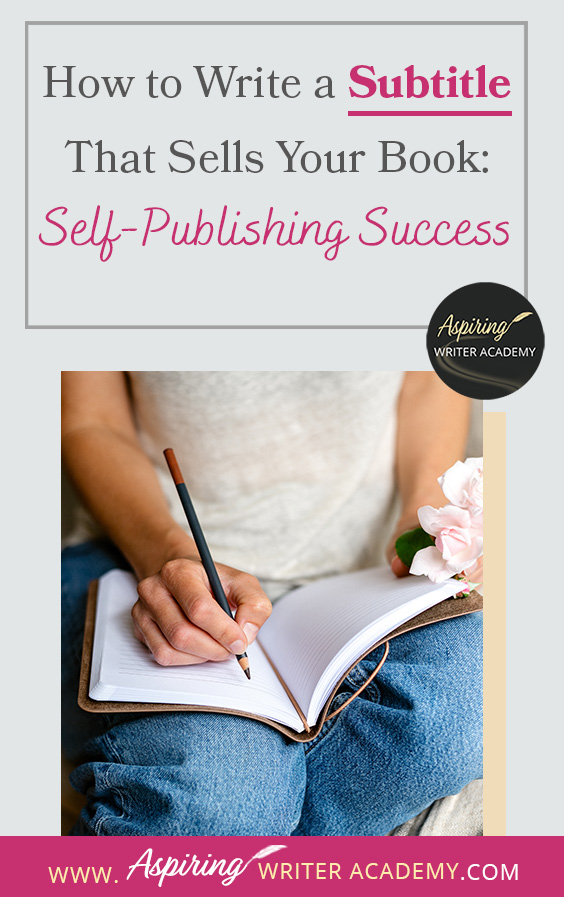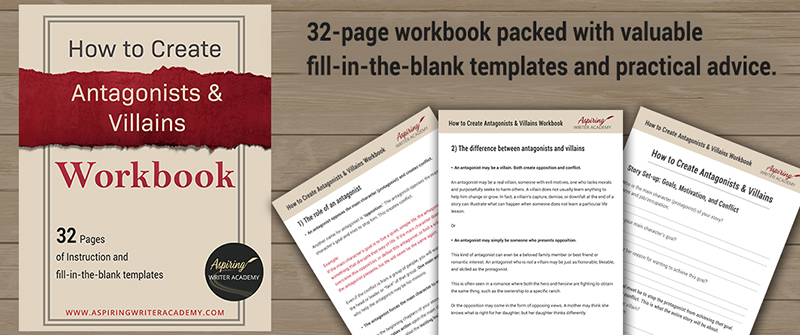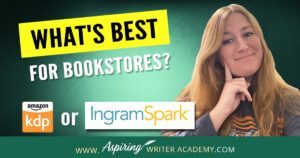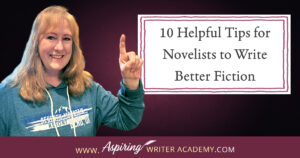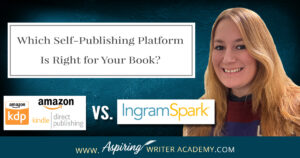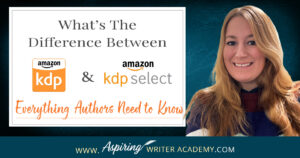How to Write a Subtitle That Sells Your Book: Self-Publishing Success
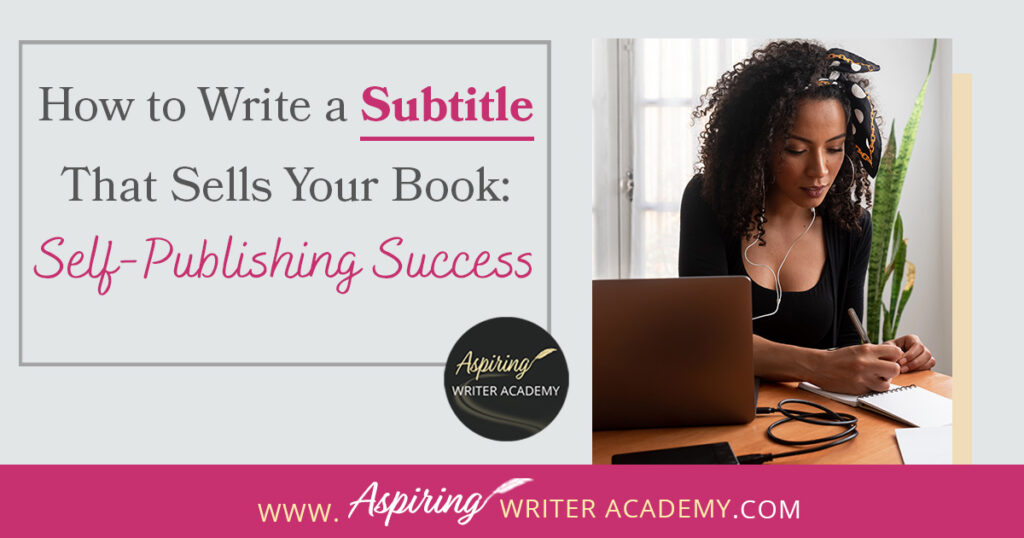
In this blog post, How to Write a Subtitle That Sells Your Book: Self-Publishing Success we will go over how you can take advantage of the power of subtitles to boost your book sales.
1. Craft a Subtitle That Clearly Defines Your Novel's Genre and Tone
A subtitle can instantly tell potential readers what to expect from your book. Is it a heart-pounding thriller, a swoon-worthy romance, or a gripping fantasy adventure? By clarifying the genre and tone, you attract the right audience and set appropriate expectations.
Example:
- Title: Shadows in the Night
- Subtitle: A Gripping Detective Thriller
Example:
- Title: Whispering Woods
- Subtitle: A Paranormal Mystery
Example:
- Title: Crimson Shadows
- Subtitle: A Dark Fantasy Tale
2. Highlight Your Novel’s Unique Selling Points to Potential Readers
What makes your book stand out from the rest? Use the subtitle to highlight unique elements or themes that make your story special. This can be a great hook for readers looking for something fresh and different.
Example:
- Title: Winds of Change
- Subtitle: A Time-Travel Romance with a Twist
Example:
- Title: The Last Colony
- Subtitle: A Post-Apocalyptic Space Odyssey
3. How to Use Subtitles to Promise a Compelling Benefit or Experience to Readers
Readers are eager to know what they’ll gain from reading your book. Whether it’s an emotional journey, a thrilling adventure, or an immersive exploration of a captivating world, your subtitle should promise a clear benefit or experience. As an author, consider the emotional impact your story provides—does it evoke humor, suspense, or fear? Are readers drawn into a world of laughter and fun, or do they feel their hearts race with tension? For horror novels, does your book instill genuine terror? Reflect on the emotional experience your readers will undergo, whether it’s heartache, hope, or something else entirely. Your book’s subtitle should offer a compelling glimpse into the experience and benefits awaiting your readers.
Example:
- Title: Cowboy Kisses
- Subtitle: A Fun-Filled Romantic Comedy on the Ranch
Example:
- Title: Secrets of the Lost City
- Subtitle: An Epic Adventure to Uncover Hidden Treasures
Example:
- Title: Rogue Agent
- Subtitle: A High-Stakes Espionage Thriller
Example:
- Title: Dancing with Ghosts
- Subtitle: A Hauntingly Beautiful Love Story
4. The Art of a Concise Subtitle: Making Your Novel Stand Out in Self-Publishing
Your subtitle should be concise yet compelling. Some authors make the mistake of stuffing too many descriptions in their subtle. Your book's subtle should capture the essence of your book in a few words. Aim for clarity and avoid unnecessary fluff that can dilute the message. A well-crafted subtitle is easy to read, and remember. It should provide a quick snapshot of what readers can expect. Think of it as a tagline that complements your title, adding an extra layer of intrigue or information. By being succinct and engaging, you can grab readers' attention and make a lasting impression, enhancing the overall appeal and marketability of your book.
Example:
- Title: Echoes of Eternity
- Subtitle: A Fantasy Saga of Love and War
Example:
- Title: The Silent Storm
- Subtitle: A Tale of Courage and Survival
Example:
- Title: Heart of the Inferno
- Subtitle: An Epic Battle for Justice
5. Effective Keywords in Subtitles: How to Increase Your Book’s Visibility on Amazon
In the world of self-publishing, keywords are your friends. Incorporate relevant keywords in your subtitle to improve searchability on platforms like Amazon. Think about what terms your target readers might use to find a book like yours. What do you punch into Amazon when trying to find a new book to read in a genre you like?
What are Keywords? And Why They Matter for Self-Publishing Authors
Keywords are specific words or phrases that describe the main topics, themes, or genres of your book. They are crucial for self-publishing authors because they help potential readers discover your book amidst the vast sea of available titles. When readers search for books on platforms like Amazon, they use keywords to find what they’re interested in. By strategically incorporating relevant keywords into your book’s title, subtitle, and description, you increase its visibility in search results. This improves the chances of attracting the right audience, boosting your book’s discoverability, and ultimately leading to higher sales. Keywords act as a bridge between your book and its potential readers, making them an essential tool in your self-publishing success.
Here are some examples of keywords for different genres and themes:
Fantasy
- Epic Fantasy
- Magic
- Dragons
- Sword and Sorcery
- Dark Fantasy
Romance
- Contemporary Romance
- Historical Romance
- Second Chance Love
- Enemies to Lovers
- Romantic Comedy
Mystery/Thriller
- Cozy Mystery
- Detective Novel
- Psychological Thriller
- Crime Fiction
- Suspense
Science Fiction
- Space Opera
- Time Travel
- Dystopian
- Cyberpunk
- Alien Invasion
Young Adult
- Coming of Age
- Teen Romance
- Dystopian YA
- YA Fantasy
- High School Drama
Horror
- Ghost Story
- Supernatural Horror
- Horror Thriller
- Haunted House
- Occult
Historical Fiction
- World War II
- Victorian Era
- Medieval
- Historical Romance
- American Civil War
Non-Fiction
- Self-Help
- Personal Finance
- True Crime
- Memoir
- History
Using these keywords in your book's metadata can help readers find your book more easily based on their interests and search behavior.
Subtitles With Keywords in Use Examples
Example:
- Title: Mystery of the Ancient Ruins
- Subtitle: An Archaeological Thriller Novel
Example:
- Title: Beyond the Stars
- Subtitle: A Sci-Fi Adventure Across the Galaxy
- Title: Pirate's Revenge
- Subtitle: A Swashbuckling Adventure Novel
Example:
- Title: The Hidden Heir
- Subtitle: A Fantasy Quest for Power and Glory
Example:
- Title: Desert Rose
- Subtitle: A Love Story Amidst War and Peace
Example:
- Title: Nightfall Manor
- Subtitle: A Gothic Horror Mystery
6. Test and Refine Your Novel's Subtitles
You do not always get it perfect in the first round. Don’t be afraid to test out different subtitles and refine them based on feedback. Share your book's subtitle ideas with other writer friends, writing groups, and beta readers to help you narrow down which one is best for your book. You may be surprised with which ones other people like best. If you are stuck while brainstorming subtitles, sometimes a slight tweak can make a huge difference.
A well-crafted subtitle can significantly boost your book sales help intrigue interest from your readers and aid in the marketability of your book. I hope that after reading this post How to Write a Subtitle That Sells Your Book: Self-Publishing Success you take the time to craft a subtitle that captures the heart of your novel and helps your book stand out in the competitive world of self-publishing. Happy writing!
Do you find it difficult to create compelling antagonists and villains for your stories? Do your villains feel cartoonish and unbelievable? Do they lack motivation or a specific game plan? Discover the secrets to crafting villains that will stick with your readers long after they finish your story, with our How to Create Antagonists & Villains Workbook.
This 32-page instructional workbook is packed with valuable fill-in-the-blank templates and practical advice to help you create memorable and effective antagonists and villains. Whether you're a seasoned writer or just starting out, this workbook will take your writing to the next level.
We Believe All Authors Can Aspire to Take Their Writing to the Next Level!
Our Goal for Aspiring Writer Academy is to help people learn how to write quality fiction, teach them to publish and promote their work, and to give them the necessary tools to pursue a writing career.
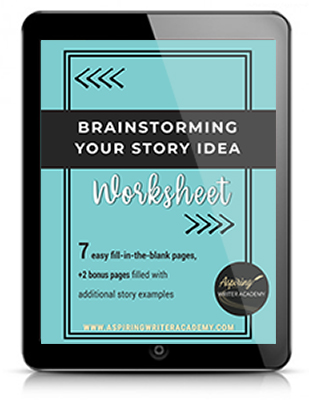
ENTER YOUR EMAIL BELOW
TO GET YOUR FREE
"Brainstorming Your Story Idea Worksheet"
7 easy fill-in-the-blank pages,
+ 2 bonus pages filled with additional story examples.
A valuable tool to develop story plots again and again.
Other Blog Posts You May Like
Amazon KDP for Beginners: A Step-by-Step Guide to Self-Publishing
Biggest Self-Publishing Mistakes New Authors Make
The Ultimate Guide to Using ChatGPT for Book Title Inspiration
What Authors Need to Know About ISBN Numbers Before Self-Publishing
Pros & Cons of Traditional vs. Self-Publishing Fiction
An Author Website is Your Ultimate Marketing Tool: Here’s Why
How To Plan an Amazing Children’s Book Launch Party
What to Include in Your Author Newsletter
Why Authors Need an Email Newsletter
How to Easily Make a YouTube Banner in Canva for Free
How to Make a YouTube Banner (Adobe Photoshop Channel Art Tutorial with Free Template)
How to Create Bookmarks for GotPrint in Adobe Photoshop
How to Upload and Order Bookmarks on GotPrint
Author Chats: Kate Breslin & Book Launch Promotion
How To Create a YouTube Channel To Promote Your Writing
23 of the Best Free Stock Photo Sites Every Writer Should Be Using
The Ultimate Book Signing Checklist: What to Bring to Your First Book Signing
Fiction Writing: How to Write a Back Cover Blurb that Sells
What is an Author Platform and Why Do Writers Need One?
How To Create A Google Account For Your Author Platform
How to Create and Set-Up a Professional Author Page On Facebook
22 Great Tools and Resources for Writers
Samantha Panzera is an adventurous travel blogger, graphic designer, and multi-media business entrepreneur who uses the experience she’s gained over the years to teach aspiring writers the skills they need to build an author platform and take their careers to the next level.
